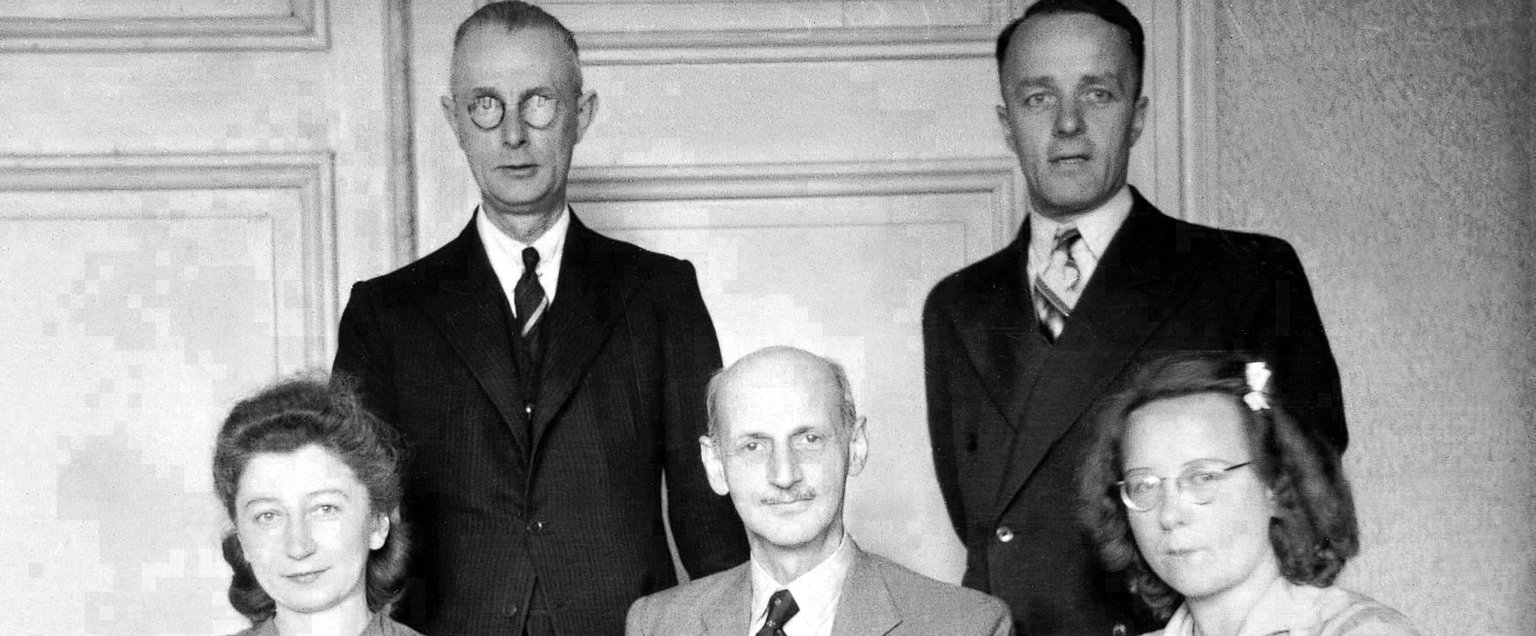The new betrayal theory that Jeroen de Bruyn and Joop van Wijk propose in their book is based on a number of assumptions. The authors choose interpretations that point towards Nelly Voskuijl. The Anne Frank House does not see any reason to adopt the suspicions against Nelly Voskuijl in the theory that has now been proposed.
The betrayal theory that Jeroen de Bruyn and Joop van Wijk put forward in their book is based on a number of assumptions and interpretations:
Passport
According to the authors, Nelly Voskuijl acquired a German visa quickly and free of charge at the end of 1942, and with it she secretly fled her parents’ home. Sources reveal that she applied for a Dutch passport from Amsterdam City Council, just like thousands of other residents of Amsterdam. The application shows that Nelly, who was then a minor, acquired this passport with her parents’ permission and with the cooperation of the Labour Exchange. The purpose of the application is given as departure for ‘Duitschland’, undoubtedly to work there. At the time, passport applications were often processed within two or three days, and there was no charge for people who wanted to, or had to, work in Germany.
Silberbauer
Sicherheitsdienst (SD) officer Julius Dettmann is said to have told his subordinate Karl Silberbauer that the tip came from a reliable source. Silberbauer never spoke of this, however. In 1963, during questioning by the Viennese police and the Dutch Police Criminal Investigation Department, he stated the following: “As usual, DETTMANN did not tell me the name of the person who had informed him of this case.” Dettmann himself was never questioned about this, because he died in July 1945. It was very unusual for subordinates to be given an explanation for their orders. It is insufficiently substantiated that Silberbauer shared the information that a young woman had made a telephone call.
Arrest
Bep Voskuijl was not arrested at the time because of her sister. The suggestion that Bep Voskuijl secretly enjoyed protection because her sister was a collaborator is speculative. Her colleague Miep Gies was not arrested either, and this was not unknown for those who had helped people in hiding. According to Silberbauer, in this type of situation the company directors were held responsible, not the secretaries.
